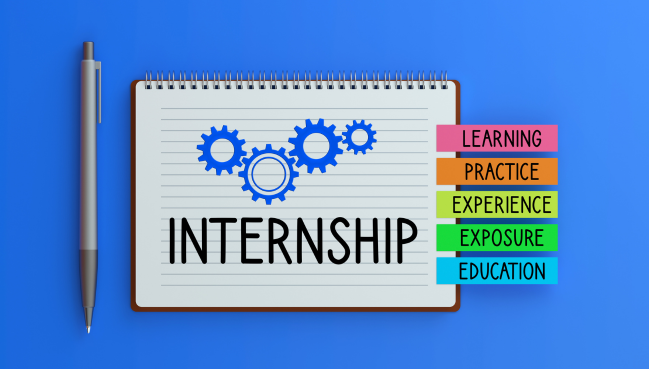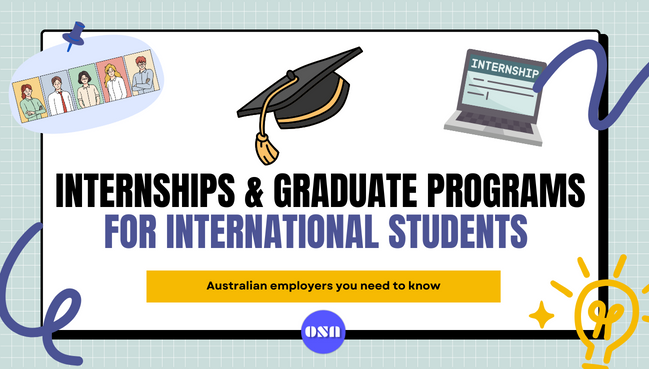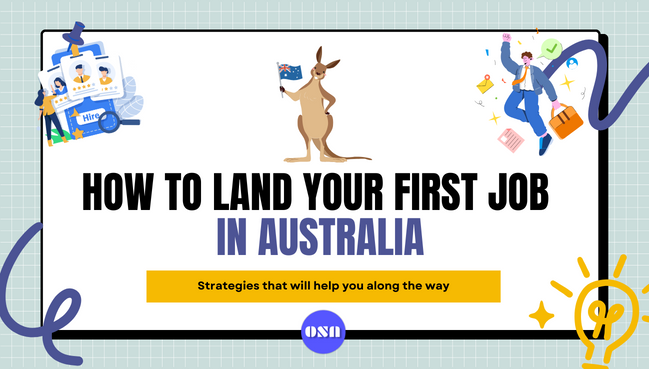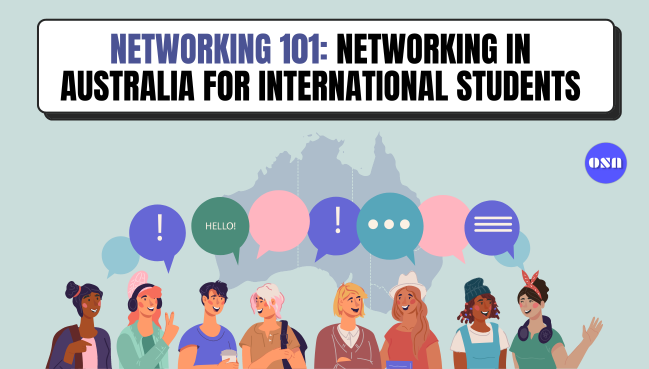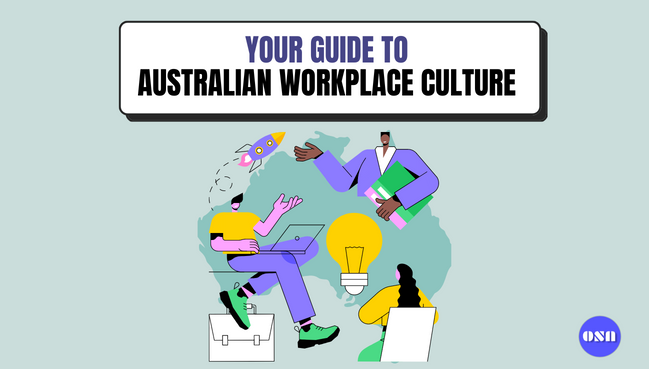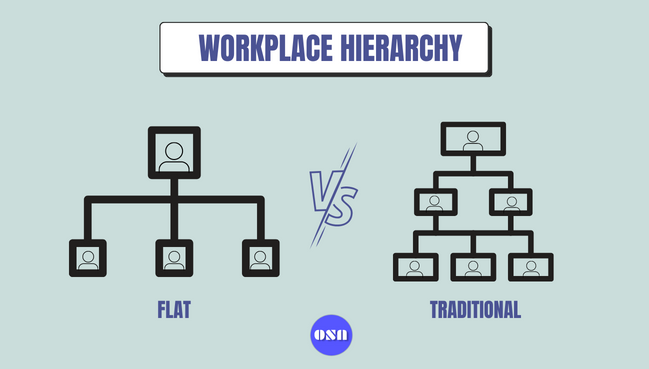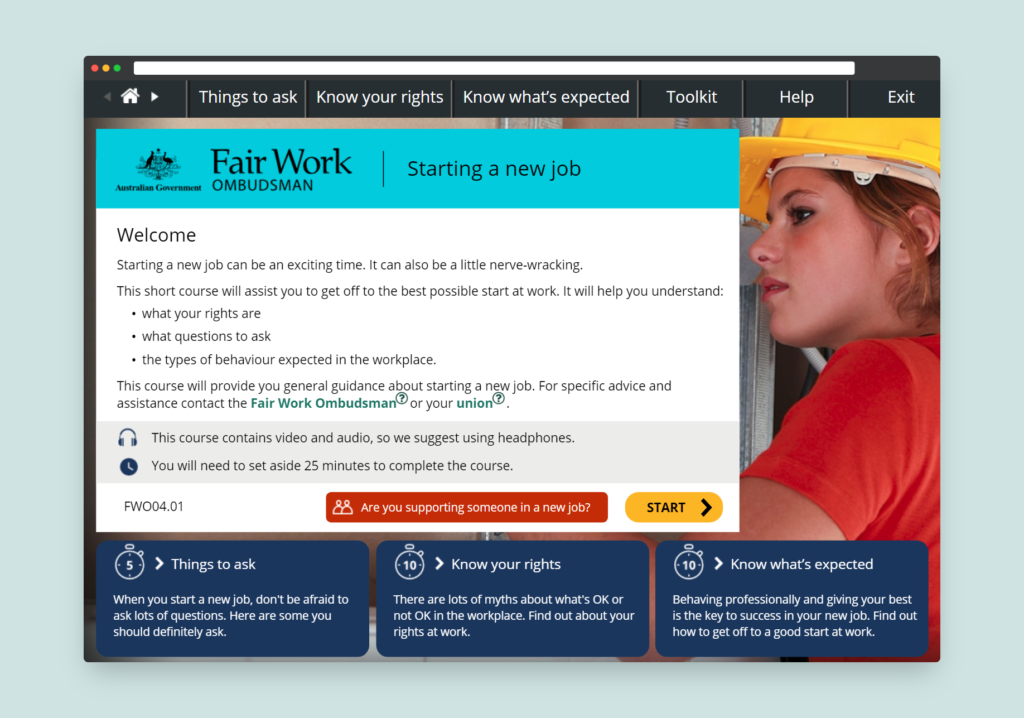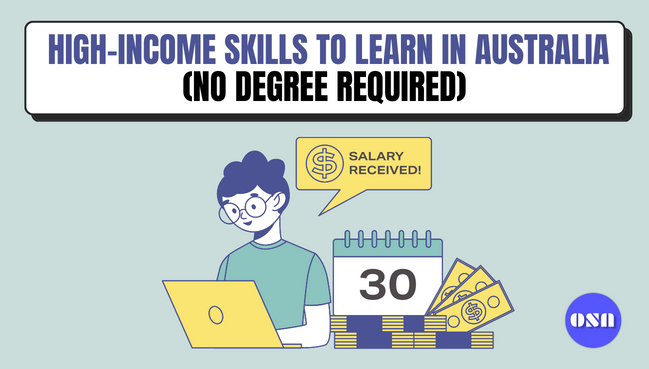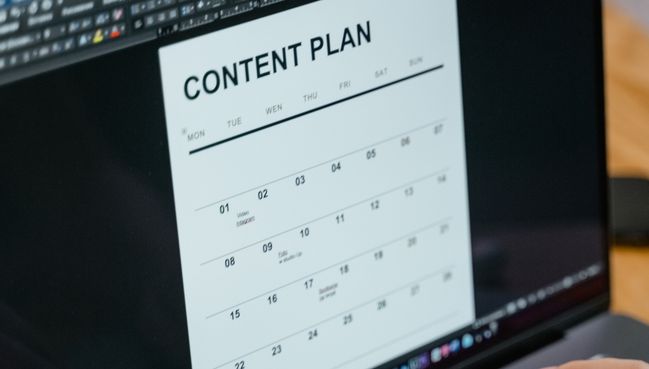12 On Campus Jobs in Australia for International Students
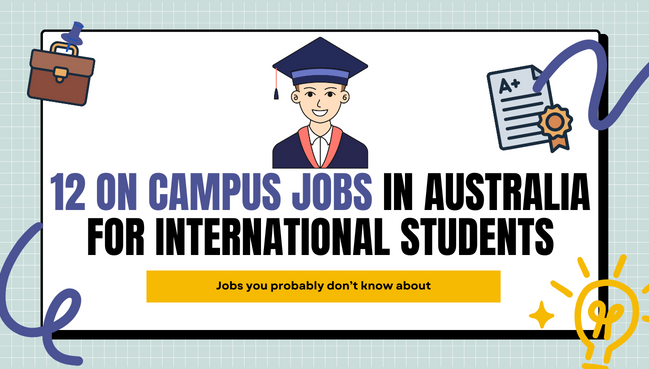
Many international students are usually unaware about on-campus job roles in Australia as they think jobs are only available outside campus.
But that can’t be further away from the truth.
So in this article, we’ll give you a detailed guide regarding on campus jobs in Australia for international students.
Let’s get right into the topic.
What are On campus Jobs?
On campus jobs are employment opportunities that are available within the university or college premises.
It means you will be working in the campus of your university or college itself.
You do not need to go outside to work for these job roles, most of the time.
And most of these job roles are usually casual or part time in nature. So these jobs suit international students perfectly, due to their work hour visa restrictions.
Benefits for Doing On Campus Jobs
Now, let’s discuss some of the benefits for doing these on campus job roles.
Flexibility: University is hiring knowing that you are a student. So, you can have flexibility in work usually as per your study schedule. It is a great advantage for you as a student, as you can work part time, and also study as well.
Student Priority: For on campus job roles, the priority is given to the students. Especially to those who have a good academic standings.
Travel time: You can save heaps of time by working on campus, rather than traveling outside to other job roles. And if you live nearby your university, it’s even better.
Good pay rates: Usually universities offer good pay rates and good working conditions to their employees including students.
Campus fun: As you will be working on campus, you will not be missing out on the campus fun. As there are many activities, events happen on campus during the academic year.
Building connections: Working on campus, means you could be working with university lecturers, university staff or some other people who might have some job roles outside university as well. It can present a great opportunity for students to build their network with these professionals, which could help you to get better jobs in the future.
Basic requirements to get on campus jobs
Let’s look at some of the common requirements to get these jobs:
Students Status: As mentioned earlier, most of these job roles are either casual or part time. So, these job roles are usually suitable for students and universities & colleges look for students for these sort of roles. So, if you are going to apply for an on-campus job, you must be a student.
Good academic records: As many students from the university will be applying for these job roles, usually, students with good academic records are preferred for them. As sometimes, university lecturers or tutors can actually help you to get these job roles due to their say in the hiring process. So, ideally, having a good academic track record, and good relationship with your trainers and tutors will help.
Communication skills: Most of these job roles will require you to have good communication skills. It is a must, as most of these job roles will be customer-facing, which means you will be likely dealing with other students, or maybe staff members.
Technical Knowledge: Some job roles may require you to have some technical knowledge or skill set. In those sort of job roles, you will need to have those skills and knowledge in order to perform those jobs better.
Work experience: While, depending upon the job roles, some jobs may require you to have some previous work experience, while others may not. So, it is a good idea to look at the job description itself, to see if they require any previous work experience.
Certifications and Licenses: Some job roles, especially if you’re going to work in hospitality, or maybe in some IT support services may require you to have some certifications. As an example, if you are going to work in hospitality roles, you might be required to have RSA certificate. Again, depending upon other job roles, you may be required to have other certifications or licenses.
Work rights: International students are required to follow the work limits when they are working and studying. So, during your study period, you can only work 48 hours per fortnight. So, you need to make sure that you abide by those work hours, and make sure that you have the right to work in Australia.
Now, these were some of the basic requirements to apply for these job roles.
Best On Campus job opportunities for students
Let’s move to the most important topic now, which is what are the different types of On-campus jobs that are available for students in Australia.
- Tutors or teaching assistants 📚
Students who usually do well in their studies in the university or college, could work as a tutor or teaching assistant.
As a tutor or teaching assistant, you help the lecturers or tutors in either conducting classes or academically supporting other students, or just providing a helping hand to the teachers.
This role is definitely suitable for students who like teaching or supporting others and, especially if you have a specific interest in certain subjects.
And obviously, if you have a good academic record that helps to get a job as a tutor or teaching assistant.
- Student support assistant 🤝
As the name suggests, it will be about supporting other students, especially the ones who are just starting their university in Australia.
This support could be related to orientation programs, helping organising some events for students, or just addressing some of the student concerns.
For example, it could be related to finding their lecture room, or tutorial rooms, or their general queries.
- Student ambassadors 🌐
Some universities may have a student ambassador program.
As a student ambassador, you will be responsible for representing your university at different events. It could be at the orientation of the university itself, or could be some marketing events that you may need to attend in the university or outside university.
And these events could be online as well. Most likely, you will be speaking to prospective students who are interested in studying at your university.
- Library assistants 📚
Some universities hire students to work as library assistants helping their librarians.
Your job role as a library assistant could include shelving books, assisting other students in finding books, and just managing the general operations of the library, and helping your librarian when needed.
- IT assistants 💻
If you have some technical skills in IT (Information Technology) you could provide IT support to the staff, or to the students.
This is one of those technical job roles that may require you to have some certification or previous work experience.
But the main job role is providing help to the students or staff who may be unable to access the university portals, having difficulty in accessing the Wi-Fi, printers, or some other technical issue related to it.
- Research assistants 🔍
Many universities actually look for research assistants during the academic year.
Basic job role as a research assistant includes helping the faculty members for their research projects. It could be collecting data, collecting, some surveys, or some other ADOC tasks.
- Administration assistants (Admin assistants) 🗃️
Many universities and colleges look for administration assistants who can help them with some administration tasks, like data entry, answering customer queries, or organising files.
And these sort of job roles are perfect for students as it helps them to get a foot in the door.
- Marketing assistants 📢
This has been becoming one of the most popular job roles.
As a marketing assistant, you could be helping the marketing manager or marketing team with content creation, social media management, and some other promotional activities or events.
- Fitness or sports instructors 🏋️
If your university campus has facilities like gyms or some other recreational facilities, like sports facilities, then you could be hired for some of these job roles.
If hired in these roles, you could be responsible for providing instructions when people are using gym facilities or equipment or some other sports facility in your campus.
- Event staff 🎉
During the academic year, universities in Australia organise many events, conferences and orientation programs. So, as a student, you may have an opportunity to work in these events.
It could be assisting the staff members with logistics, some sort of registration or coordination of the event.
As mentioned earlier, many events happen during the university year, so there could be multiple opportunities that will come along in these roles.
- Hospitality staff 🍽️
Some universities have their own cafes, food outlets, bars and restaurants within the campus premises.
Usually there are many job roles like barista, kitchen hands, a waiter or waitress, cooks, bartenders or just general cleaning staff available in this sort of hospitality setting.
Just keep in mind some jobs might actually require you to have a food handling or RSA certificate.
- Retail assistant 🛍️
Some universities in Australia have retail stores like fashion, souvenirs, technology related, or some other shops in the campus itself.
And obviously, you can look up job opportunities in these retail stores.
As a retail assistant, you could be responsible for answering the customer queries, providing customer service, sales, and any other assistance that your customer may require.
And most of these customers are usually students themselves, or could be the staff members.
How to apply for on campus job for students?
One of the important questions will be on students mind is where to find these job roles and how to apply for them?
A very good question indeed.
Answer is straightforward: you will find most of these job roles on your university website itself.
Sometimes they may have a specific portal or a specific web page for on campus jobs, where you can go and look for these job opportunities and apply for them.
Most of these job opportunities come along at the start of a new academic year, or a start of a new term. So, our suggestion would be to look up for these opportunities, as soon as possible, and try to apply for them as there is usually fierce competition for these job roles.
Another quick tip to get these jobs will be to build a good relationship with your lecturers and tutors. They can have a say in some of these job roles and they may recommend you as a potential candidate for some of these jobs.
So ideally start building a relationship with the training staff from the beginning of your university studies.
One important thing to keep in mind is that availability of these job roles will vary depending upon your university.
So, check whether these job opportunities are available with your university wbesite or the support services of your university.
These were-some of the type of On campus jobs that you could look up when you are coming here in Australia.
We wish you all the best with your job application.


